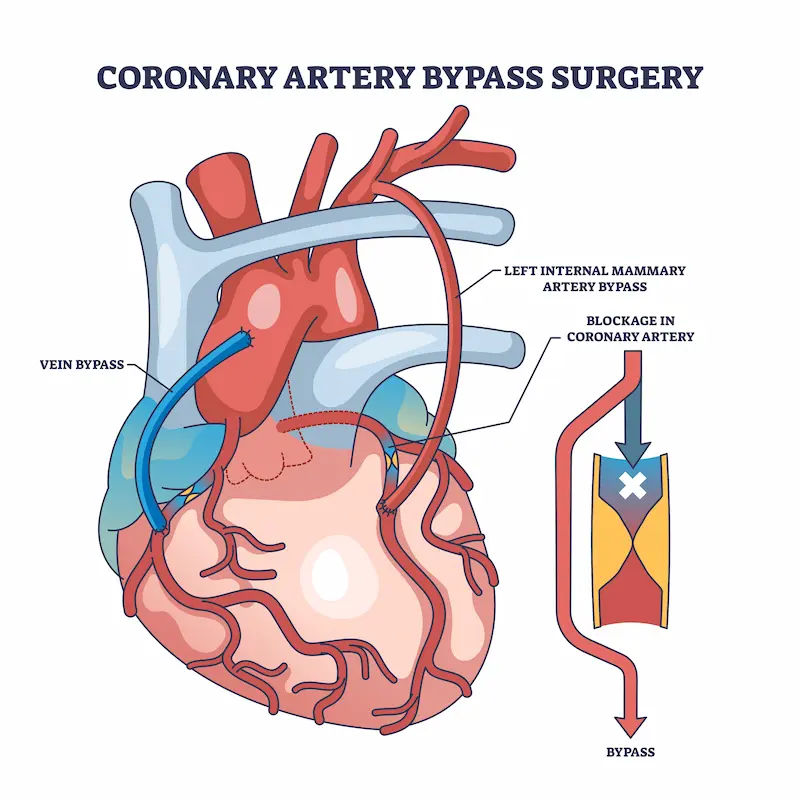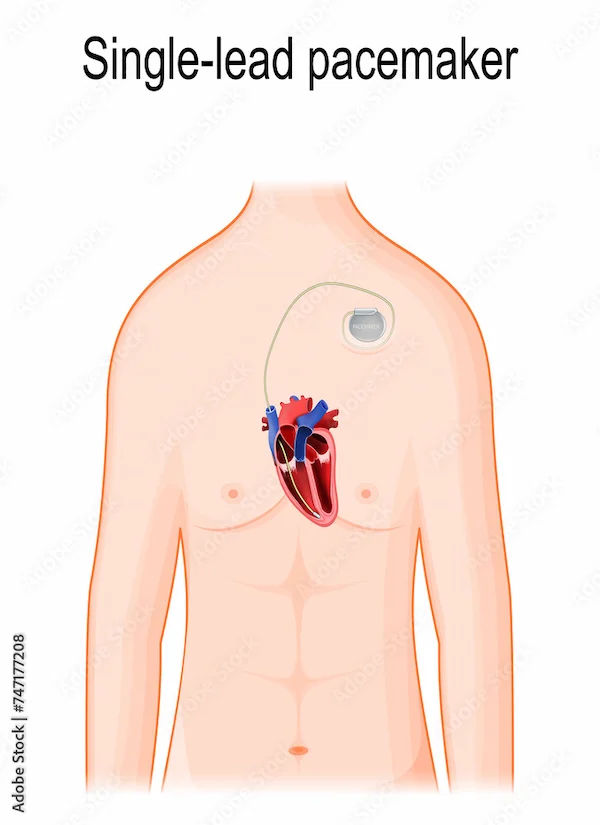- male
- 65 Years
- 29/01/2025
So, my dad has been having this burning feeling in his feet and they found out its because of a blockage in the artery in his legs. He also has some kidney problems that we didnt know about because hes had high blood pressure for a long time without knowing it. Now theyre suggesting he gets an angiography done for both his leg and chest, and theyve started him on hypertension meds. Hes super active and has been walking for at least 2 hours every day for years without any issues. Do you think going through with the angiography and possibly angioplasty makes sense for someone his age since he doesnt really show any other symptoms?
Answered by 1 Apollo Doctors
Considering your father's age and his active lifestyle, it is important to assess the risks and benefits of angiography and angioplasty. These procedures can help in diagnosing and treating blockages in the arteries, which can improve blood flow to the legs and reduce symptoms like burning sensation in the feet. For someone with a history of undiagnosed hypertension and deteriorating kidney function, it is crucial to manage these conditions to prevent further complications. The hypertension medication prescribed will help in controlling blood pressure and protecting the kidneys. In this case, it would be best for your father to follow the advice of his healthcare provider and undergo the recommended angiography. Based on the results of the angiography, further decisions can be made regarding the need for angioplasty or other interventions. It is important to prioritize his cardiovascular health to maintain his active lifestyle and overall well-being. Additionally, it is essential for your father to continue his regular physical activity, like walking, as it is beneficial for his cardiovascular health. Ensuring a healthy lifestyle, including a balanced diet and regular exercise, is key in managing these conditions. If you have any further questions or concerns, feel free to ask.
Dr. Ibrahim Suggests...
Consult a Cardiologist
Answered 04/07/2025
0
0

More Cardiology Health Queries
View allI'm noticing my blood pressure is all over the place, swinging between 11179 and 13389 over the past week. Do you think I should be on medication for this? Also, my lipid profile shows total cholesterol at 202, triglycerides at 237, LDL at 158, and HDL at 34. Should I be worried about these levels?
Your blood pressure readings are fluctuating within a borderline range, and considering your lipid profile results, medication may be beneficial to manage both your blood pressure and cholesterol levels. I recommend starting with a combination medication like "Caduet" which contains Amlodipine 5mg and Atorvastatin 10mg. You can take 1 tablet daily in the evening. Additionally, incorporating lifestyle modifications such as a healthy diet, regular exercise, and stress management techniques can also help improve your overall cardiovascular health.
Answered by 1 Apollo Doctors
I'm feeling really uncomfortable with my chest. I've got this back pain, and it feels like there's tightness there too. Initially, it was on the right side, lower down, but now I feel it on the left side, just above my stomach. It's not exactly painful, more like a feeling of tightness. I've also been having some heartburn. Should I be concerned about this, and what might it be?
take tablet pantop for 5 days
Answered by 1 Apollo Doctors
I've been taking medication for high blood pressure and I'm just wondering what the normal range for blood pressure should be. Can you give me some advice on this?
The normal range for blood pressure values is typically around 12080 mmHg. For individuals on antihypertensive medication, the target blood pressure may vary slightly based on individual health conditions and guidance from your healthcare provider. Generally, maintaining a blood pressure below 13080 mmHg is often recommended to reduce the risk of cardiovascular complications. It's important to regularly monitor your blood pressure and follow your doctor's advice on medication and lifestyle changes to keep it within the target range.
Answered by 1 Apollo Doctors
Disclaimer: Answers on Apollo 247 are not intended to replace your doctor advice. Always seek help of a professional doctor in case of an medical emergency or ailment.




_2.webp)